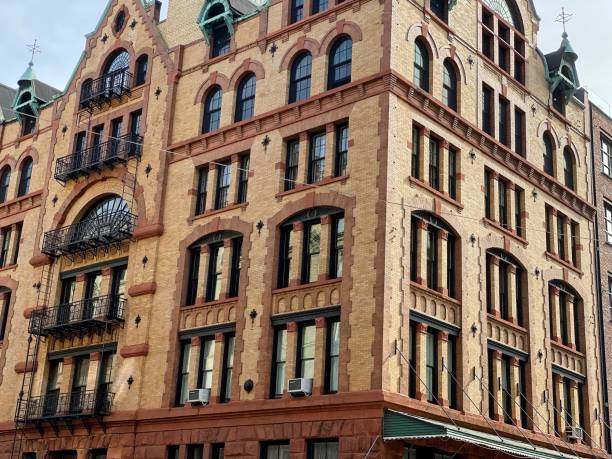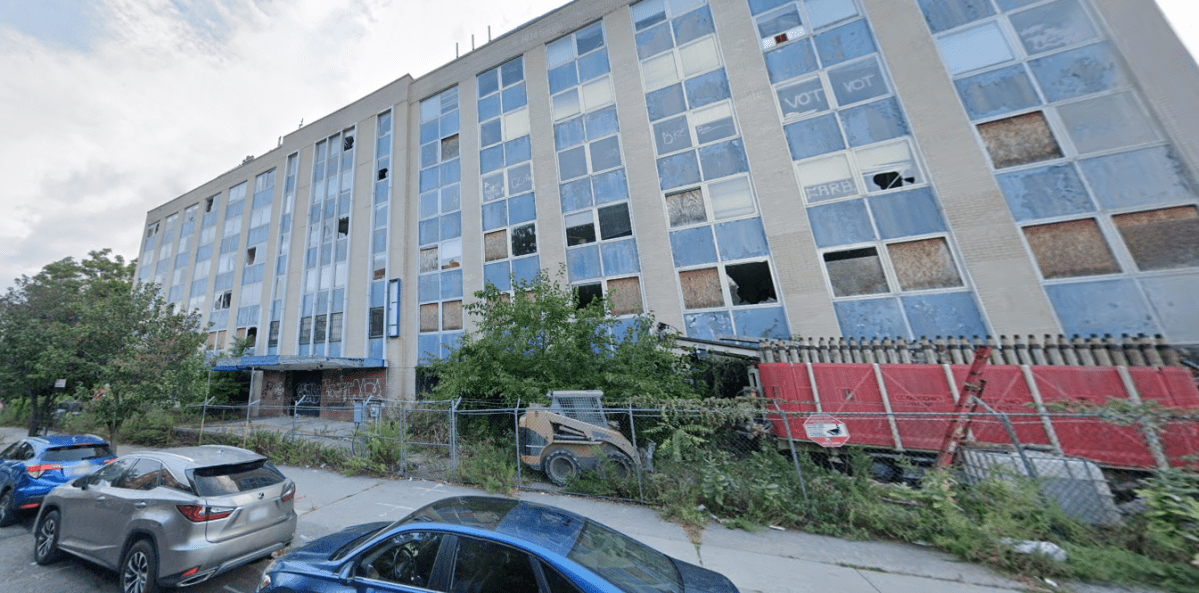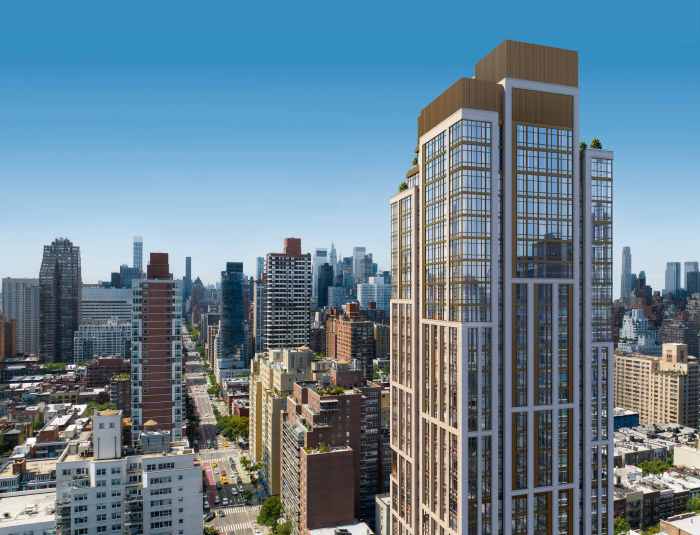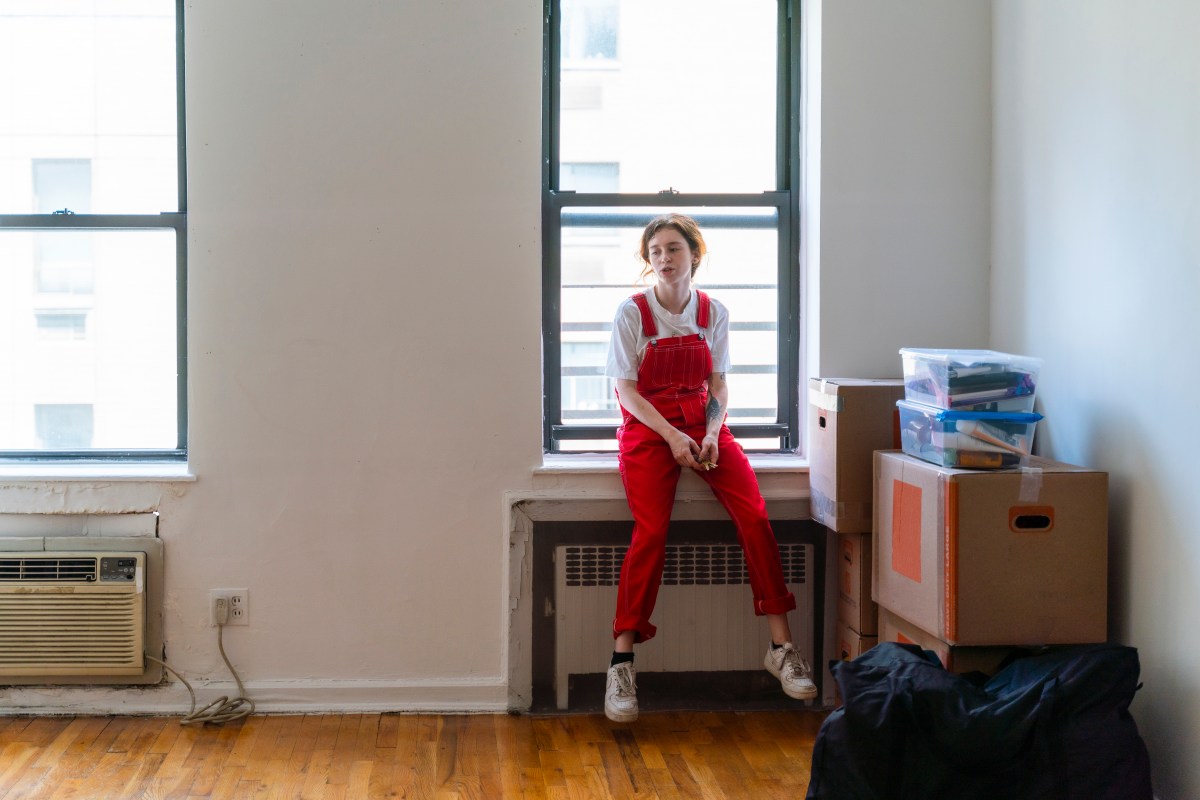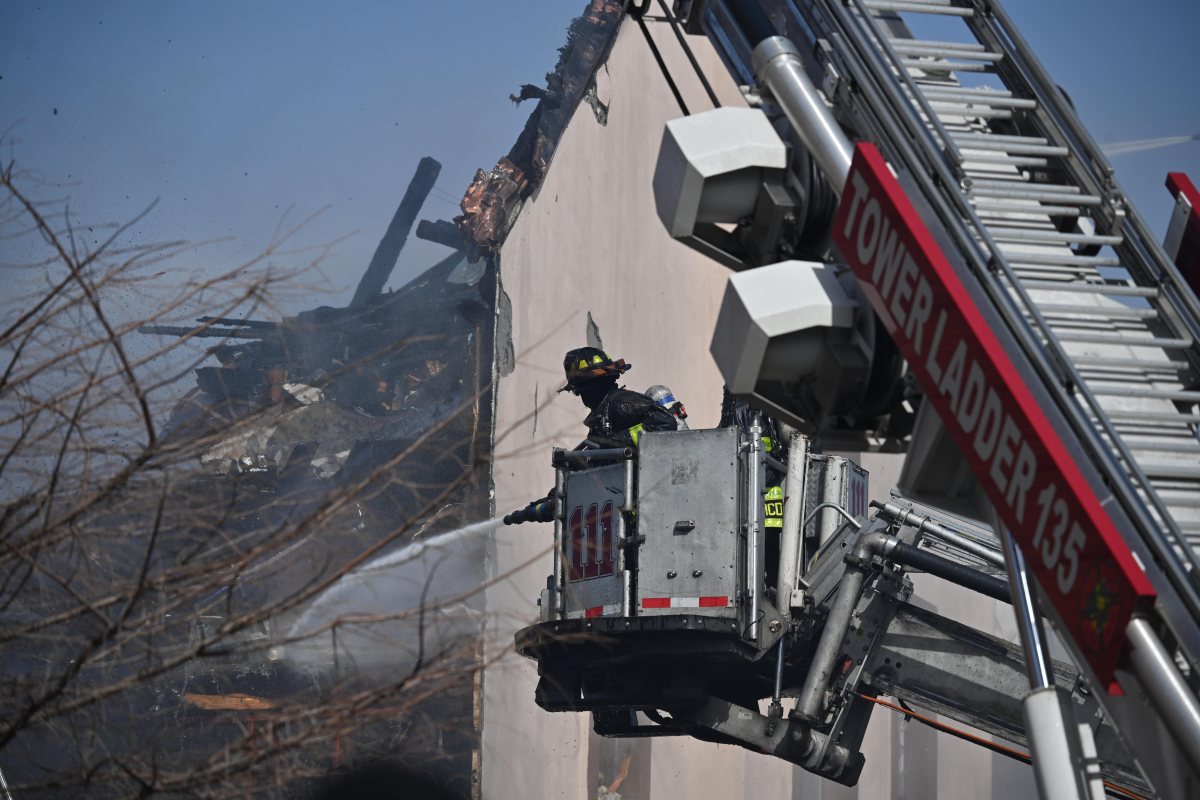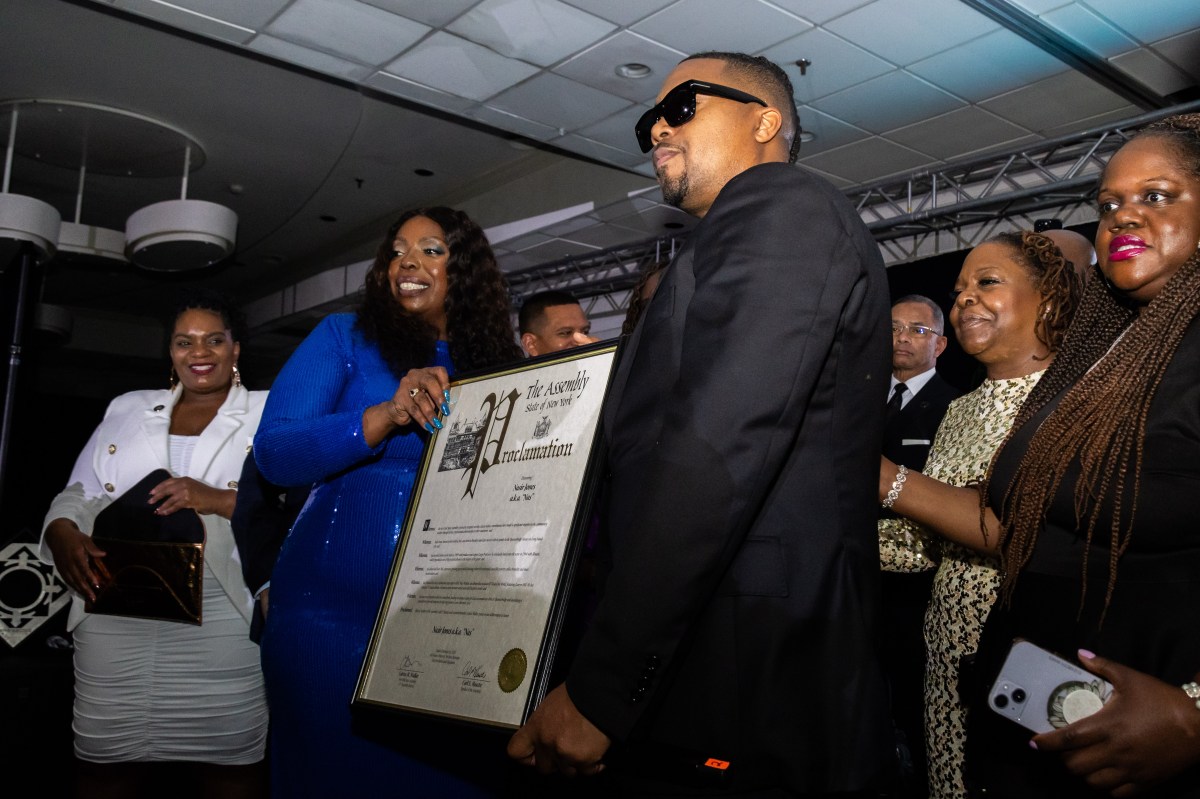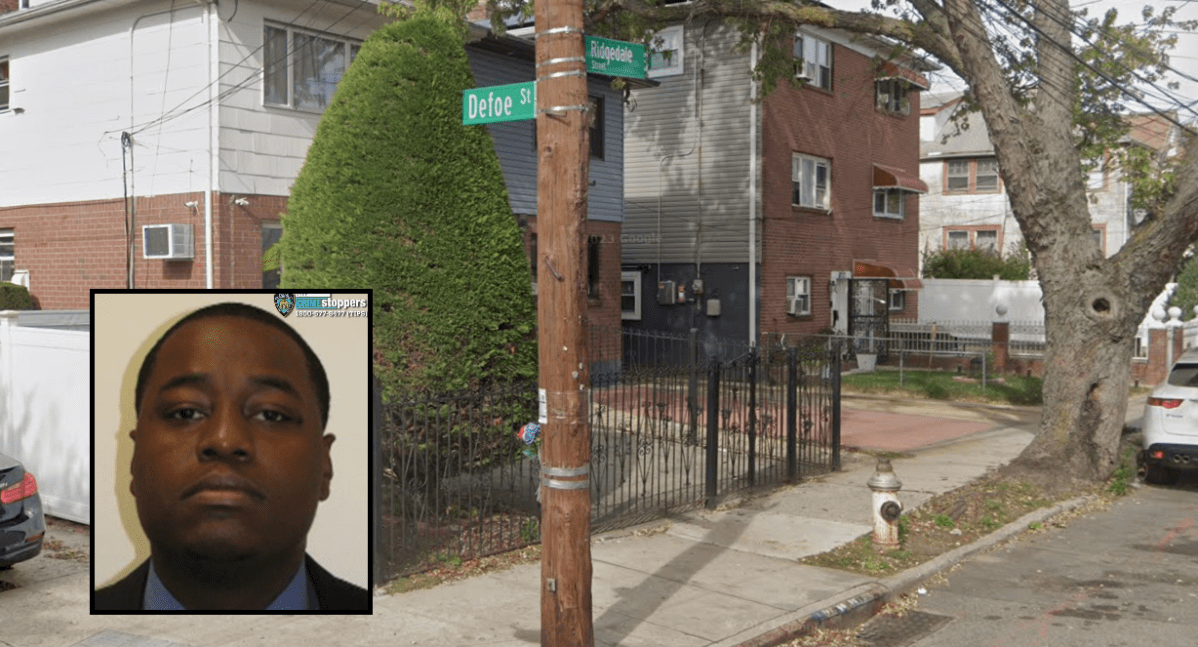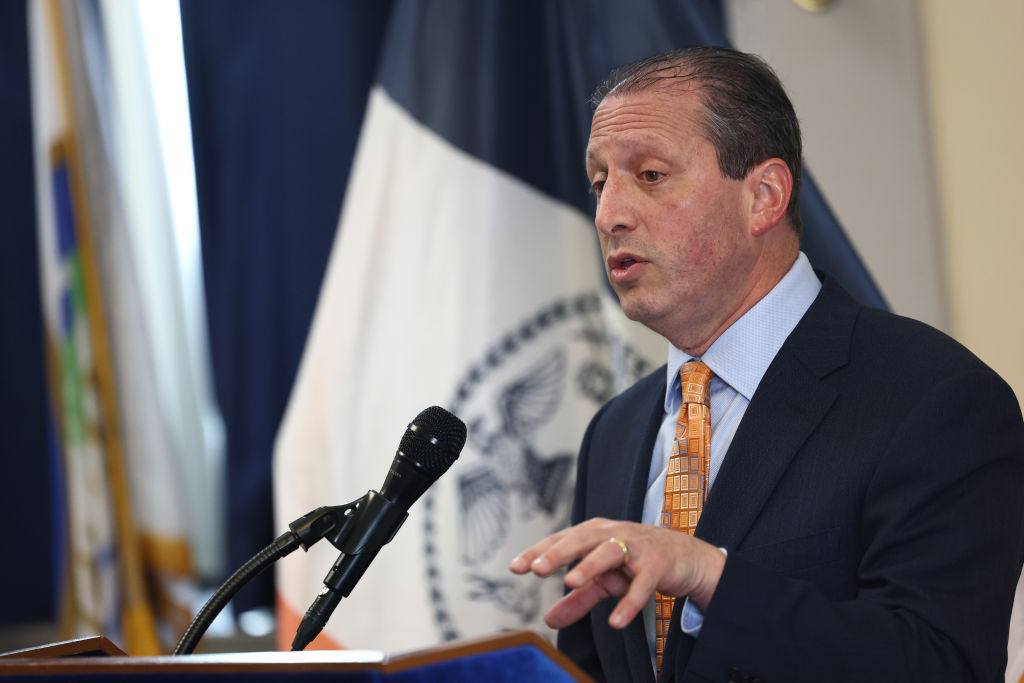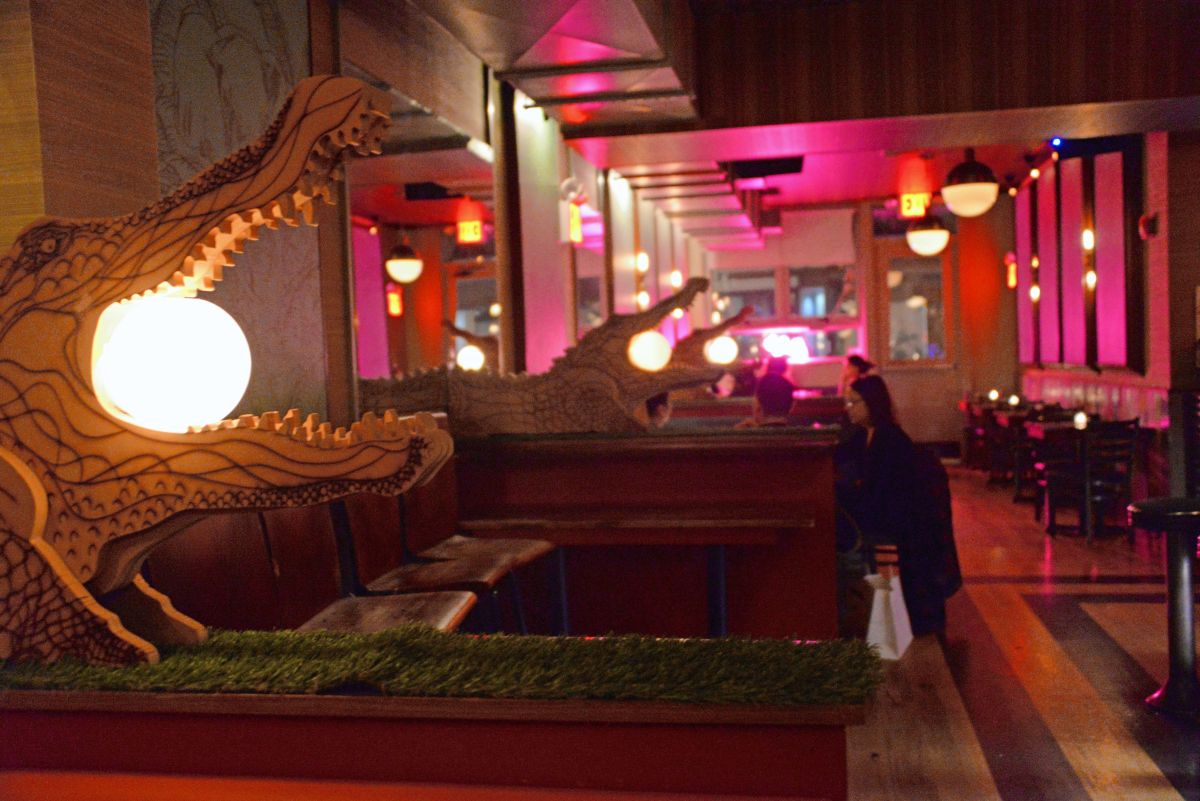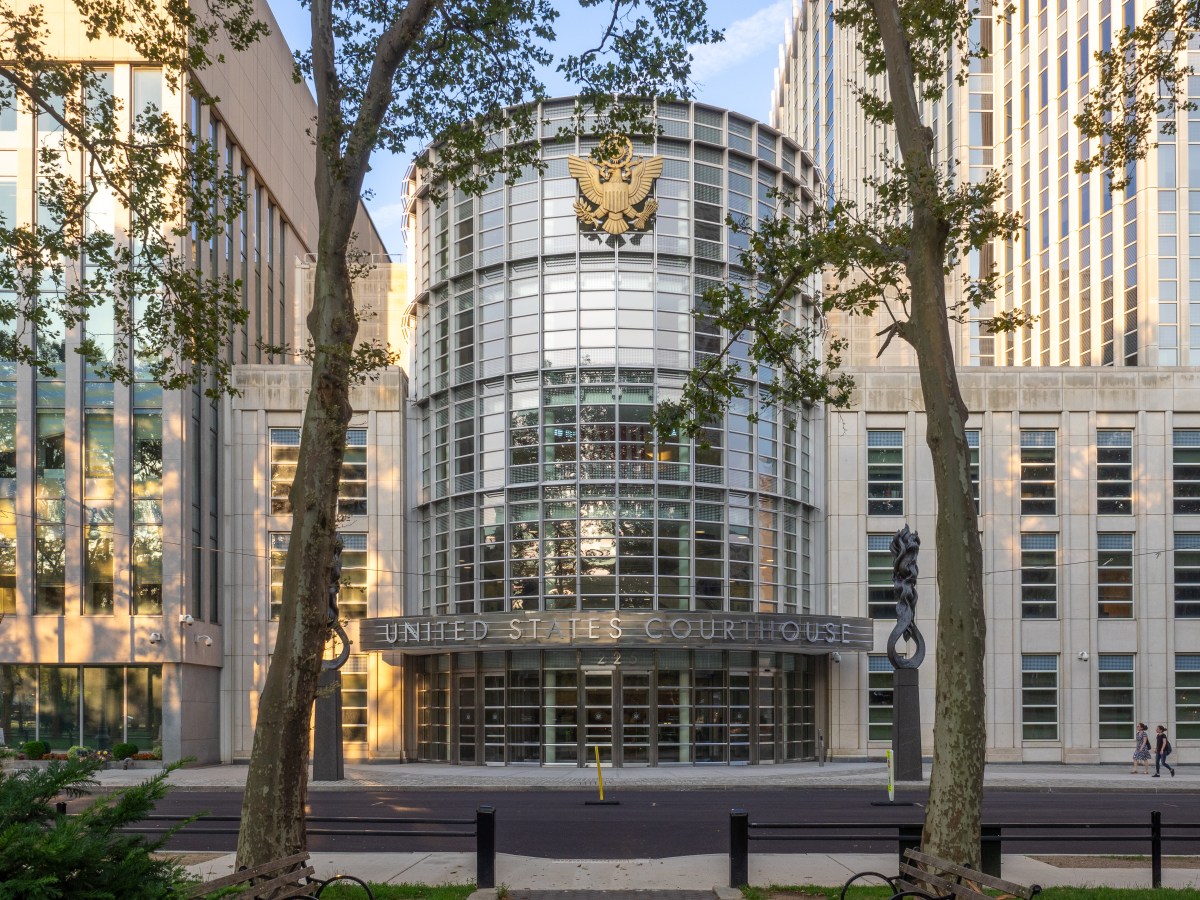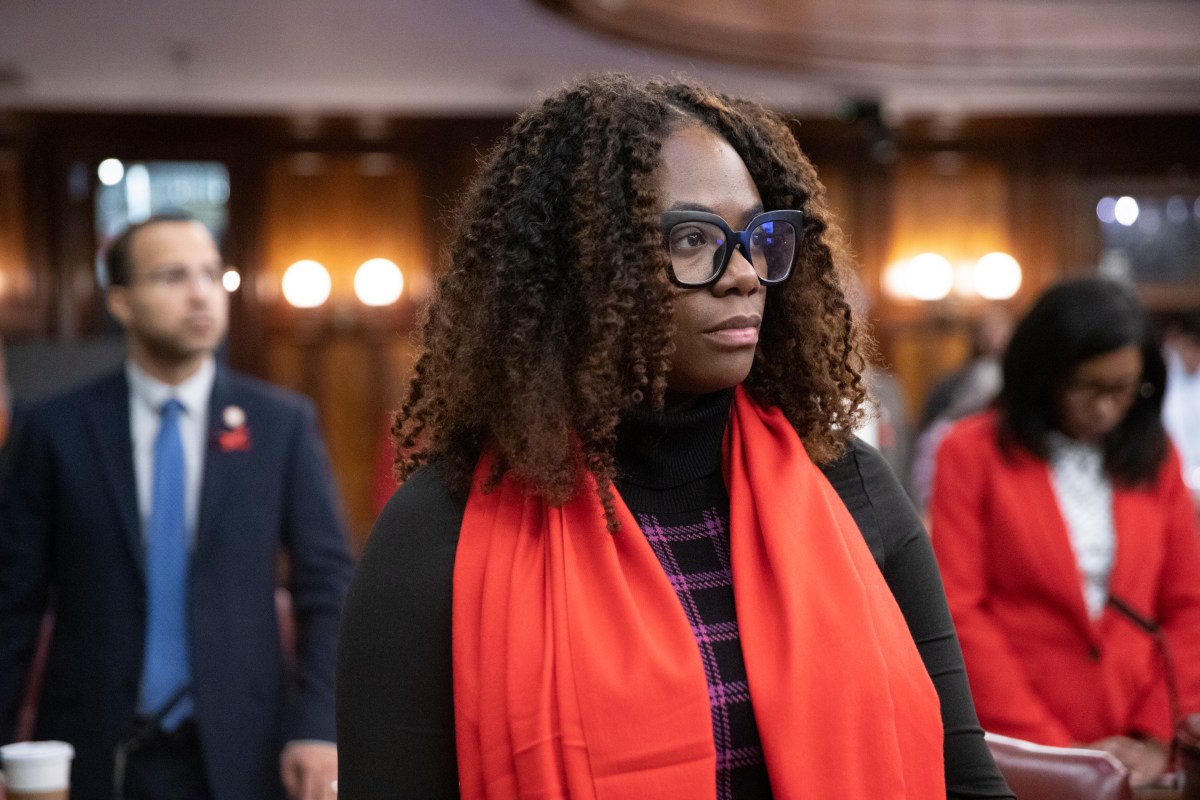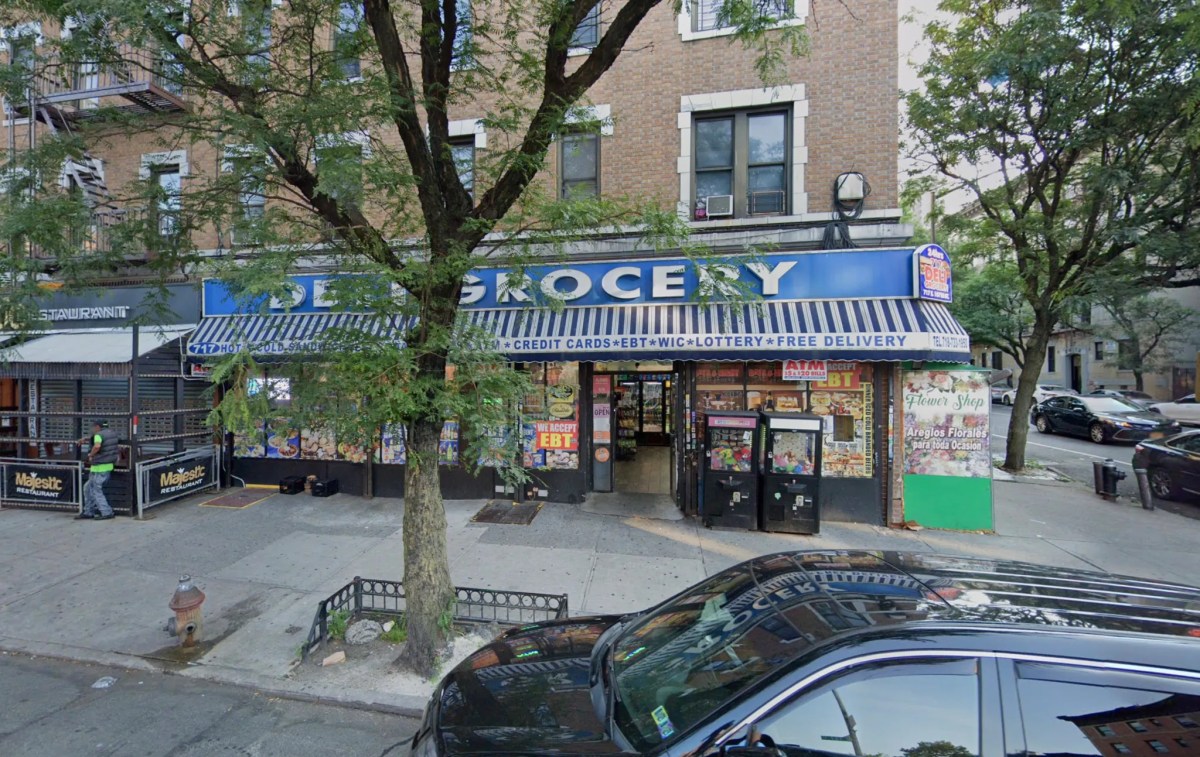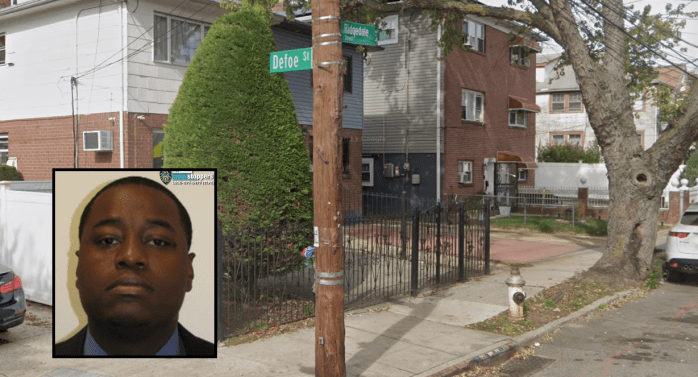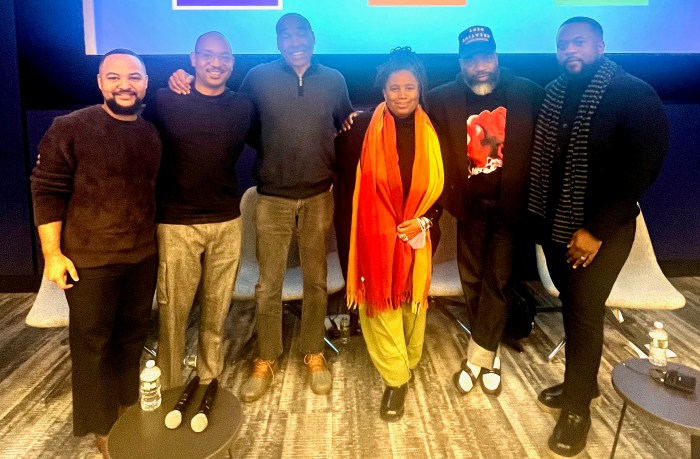
The proposal to rezone Inwood was approved by the City Council on Wednesday in a 43-1 vote, despite strong opposition from some community advocates.
The zoning changes are designed to encourage more residential development in the largely industrial area east of 10th Avenue. The plan, which was debated for years and underwent numerous revisions, also includes millions in funding for improvements to area parks, streets and other investments.
Here’s a look at some of the changes that will go into effect under rezoning and redevelopment:
Affordable housing
At least 925 new affordable apartments will be built on public land at the following locations:
- Inwood Library (4790 Broadway): The redevelopment plan includes about 175 affordable apartments combined with a new library branch, universal pre-K classrooms and community space;
- 4095 Ninth Ave.: Development of the lot will include about 570 affordable units, along with a new tech center, modeled after the proposed Union Square Tech Training Center;
- NYCHA’s Dyckman Houses: A new building could include 180 to 250 new affordable apartments.
Also, at least 675 new affordable units are proposed on private land through the Mandatory Inclusionary Housing (MIH) program, which requires a certain percentage of affordable units in all new developments (according to the city, there would be an additional 1,000 affordable units, as developers have agreed to exceed the MIH requirements).
- Under the MIH requirements, at least 25 percent of units would need to be affordable to families who make 60 percent or less of the area median income ($93,900 for a family of three in 2018), with at least 10 percent of that 25 percent affordable to families making 40 percent or less of the AMI.
The plan also aims to preserve at least 2,500 current homes in Inwood and Washington Heights by offering loans and tax incentives to building owners, providing free legal service to tenants and renovating vacant city-owned buildings that are rent-regulated (2110 Amsterdam Ave. and 21 Arden St.), among other initiatives.
The plan for affordable housing was a major point of contention with some Inwood residents, who said the affordable housing options won’t be affordable to local families.
Outside Rodriguez’s office on Aug. 3, a group of residents and advocates demanded that 50 percent of units in new developments be made affordable to families making less than $25,000 a year.
They also argued affordability should be based on the average income of families in Inwood and Washington Heights, not the AMI, which is based on the incomes of families across the city.
Infrastructure
- Improve intersections along 10th Avenue at West 205th Street, West 207th Street and West 218th Street (specific improvements for each were not laid out, but could include changes like reduced pedestrian crossing distances, new traffic signals and new sidewalks);
- Reconstruct the intersection of Dyckman Street, 10th Avenue and Harlem River Drive;
- Complete the Broadway Bridge rehabilitation.
Parks and waterfront access
- Two-acre waterfront park on the former Academy Street, east of 10th Avenue;
- Restore the North Cove, which is located south of the 207th Street Rail Yard;
- Renovate the Monsignor Kett and Anne Loftus playgrounds, the Inwood Hill Park soccer field 1, the northwest entrance to Highbridge Park at Dyckman Street and Nagle Avenue;
- Repair waterfront infrastructure along the Harlem River and amenities along the Hudson River, including the Inwood Canoe Pier and Dyckman Street Fishing Pier;
- Repair the High Bridge Water Tower in High Bridge Park, Washington Heights.



